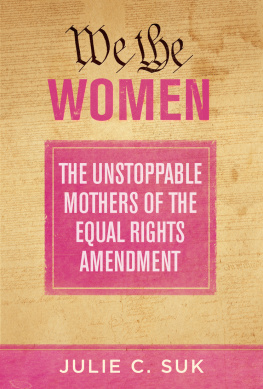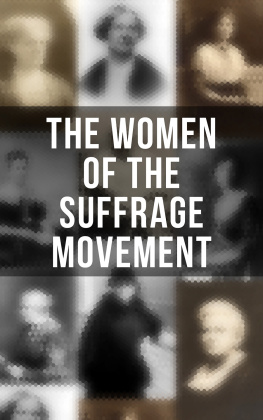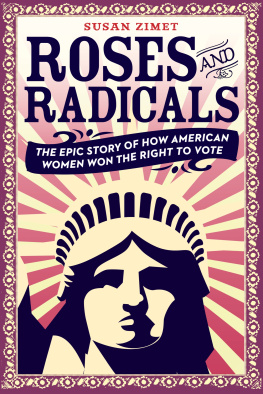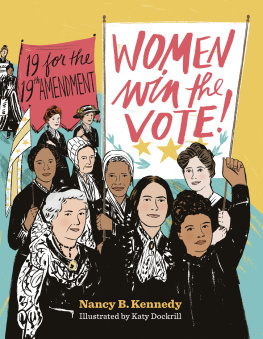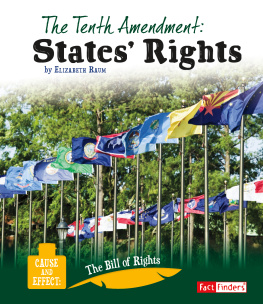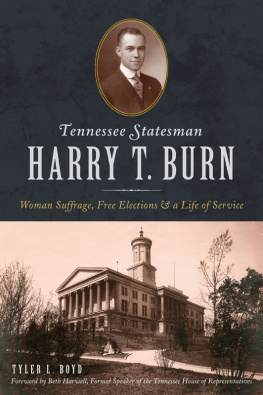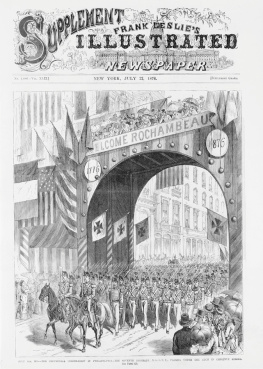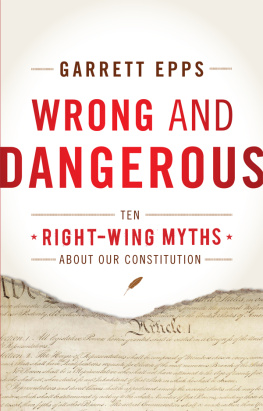Julie C. Suk - We the Women: The Unstoppable Mothers of the Equal Rights Amendment
Here you can read online Julie C. Suk - We the Women: The Unstoppable Mothers of the Equal Rights Amendment full text of the book (entire story) in english for free. Download pdf and epub, get meaning, cover and reviews about this ebook. year: 2020, publisher: Skyhorse Publishing, genre: Romance novel. Description of the work, (preface) as well as reviews are available. Best literature library LitArk.com created for fans of good reading and offers a wide selection of genres:
Romance novel
Science fiction
Adventure
Detective
Science
History
Home and family
Prose
Art
Politics
Computer
Non-fiction
Religion
Business
Children
Humor
Choose a favorite category and find really read worthwhile books. Enjoy immersion in the world of imagination, feel the emotions of the characters or learn something new for yourself, make an fascinating discovery.
- Book:We the Women: The Unstoppable Mothers of the Equal Rights Amendment
- Author:
- Publisher:Skyhorse Publishing
- Genre:
- Year:2020
- Rating:5 / 5
- Favourites:Add to favourites
- Your mark:
We the Women: The Unstoppable Mothers of the Equal Rights Amendment: summary, description and annotation
We offer to read an annotation, description, summary or preface (depends on what the author of the book "We the Women: The Unstoppable Mothers of the Equal Rights Amendment" wrote himself). If you haven't found the necessary information about the book — write in the comments, we will try to find it.
The year 2020 marks the centennial the Nineteenth Amendment, guaranteeing womens constitutional right to vote. But have we come far enough?
After passage of the Nineteenth Amendment, revolutionary women demanded full equality beyond suffrage, by proposing the Equal Rights Amendment (ERA). Congress took almost fifty years to adopt it in 1972, and the states took almost as long to ratify it. In January 2020, Virginia became the final state needed to ratify the amendment.
Why did the ERA take so long? Is it too late to add it to the Constitution? And what could it do for women?
A leading legal scholar tells the story of the ERA through the voices of the bold women lawmakers who created it. They faced opposition and subterfuge at every turn, but they kept the ERA alive. And, despite significant victories by women lawyers like Ruth Bader Ginsburg, the achievements of gender equality have fallen short, especially for working mothers and women of color. Julie Suk excavates the ERAs past to guide its future, explaining how the ERA can address hot-button issues such as pregnancy discrimination, sexual harassment, and unequal pay.
The rise of movements like the Womens March and #MeToo have ignited women across the country. Unstoppable women are winning elections, challenging male abuses of power, and changing the law to support working families. Can they add the ERA to the Constitution and improve American democracy?
We the Women shows how the founding mothers of the ERA and the forgotten mothers of all our children have transformed our living Constitution for the better.
We the Women provides a riveting and nuanced history of womens fight for equality and enfranchisement in the United States. Julie Suk brilliantly threads together early suffragist movements with the continued fight for womens constitutional equality and ratification of the ERA. This timely book should be a companion to all readings on voting rights and in the hands of all students and readers of constitutional law. Michele Goodwin, Chancellors Professor, UC-Irvine, and author of Policing the Womb
Every man I know needs to read this book. Every legislator in America needs to read this book. Its a compelling examination of the history of the fight for equal rights in our nation dating back to our earliest days and making an undeniable case for the necessity of the Equal Rights Amendment in the twenty-first century. Alyssa Milano, actress and political activist
Julie C. Suk: author's other books
Who wrote We the Women: The Unstoppable Mothers of the Equal Rights Amendment? Find out the surname, the name of the author of the book and a list of all author's works by series.

